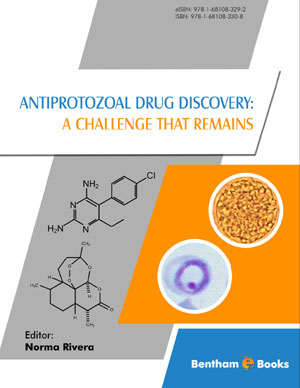Abstract
This chapter focuses on the effect that five parasitic diseases, produced by five protozoa, have on human health, namely: malaria, toxoplasmosis, Chagas disease, leishmaniasis and trichomoniasis. Our approach is the following: An analysis of the epidemiological components of these diseases in the context of the parasite’s life cycle; an analysis of the modifications in the natural history of these diseases introduced by human activities such as: migration, iatrogenesis and increased human mobility due to technological advances in the transportation of merchandise and persons; an analysis of how immune suppression produced by other living agents and chemotherapy affects these diseases, and their dispersion by tissue grafts; an analysis of the impact that these diseases have on the society, communities and family economies of countries affected by them, as well as what is being done to prevent them. In conclusion we find that research on new drugs is absolutely necessary to alleviate suffering, but given that these diseases are inextricably linked to poverty, we have to think of poverty as a disease, and as such we have an obligation to prevent it and eradicate it, as in the many other diseases and ills that befall mankind.
Keywords: Chagas disease, Chemotherapy, Leishmaniasis, Malaria, New drugs, Parasitic diseases, Poverty, Prohylaxis, Protozoa, Toxoplasmosis, Trichomoniasis.






















